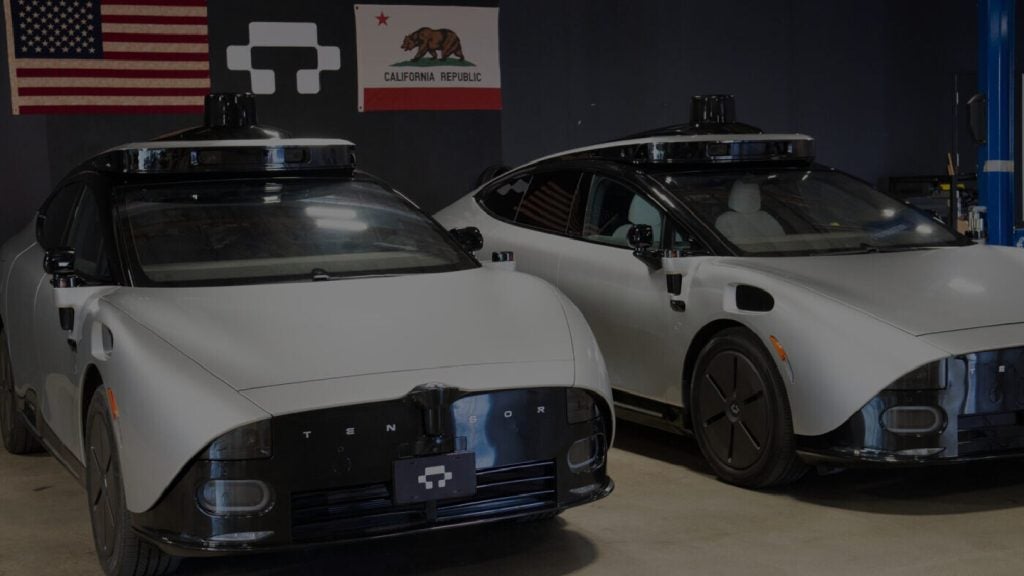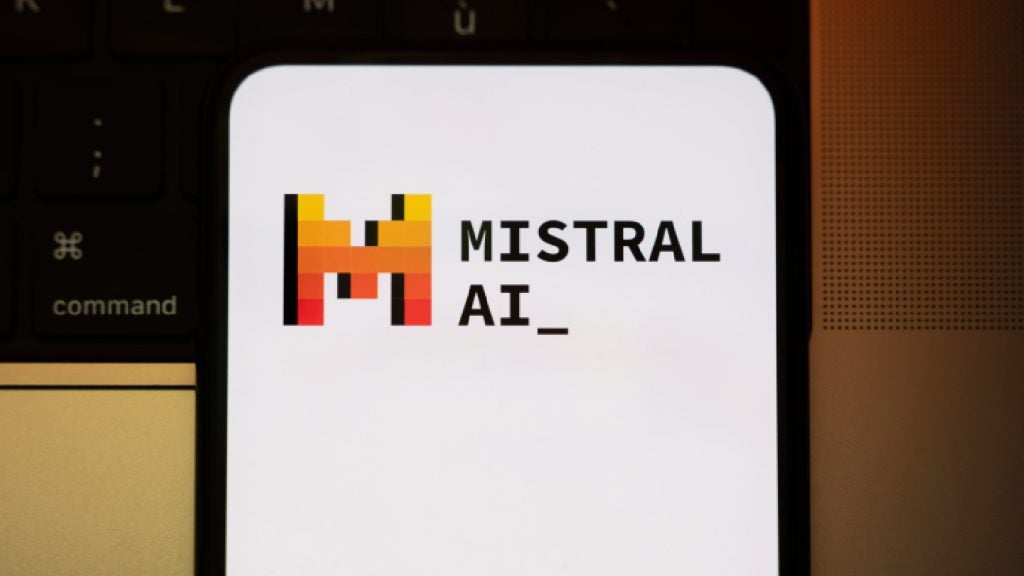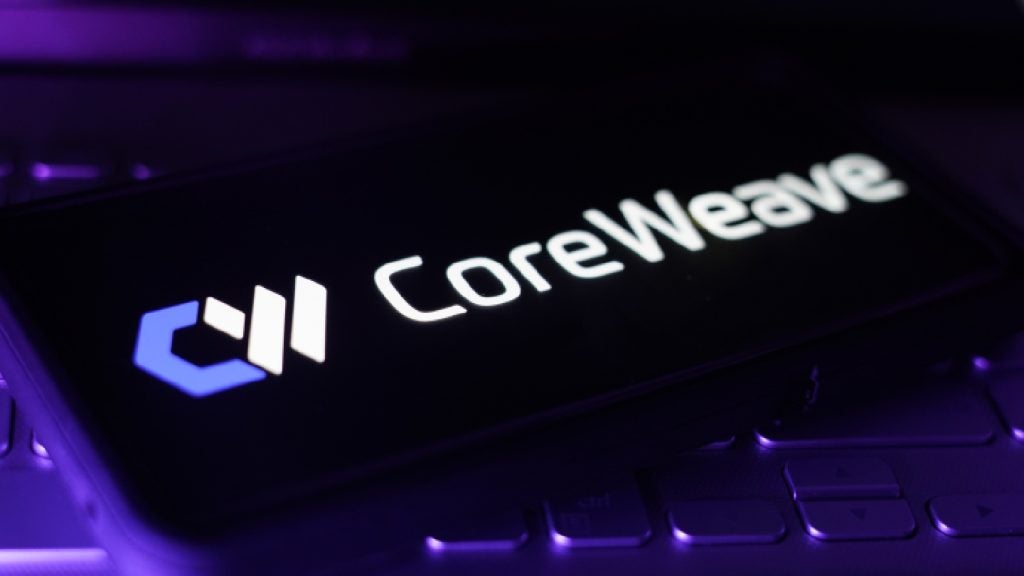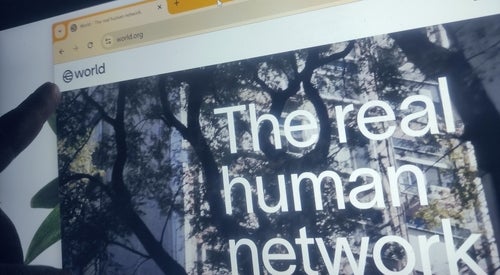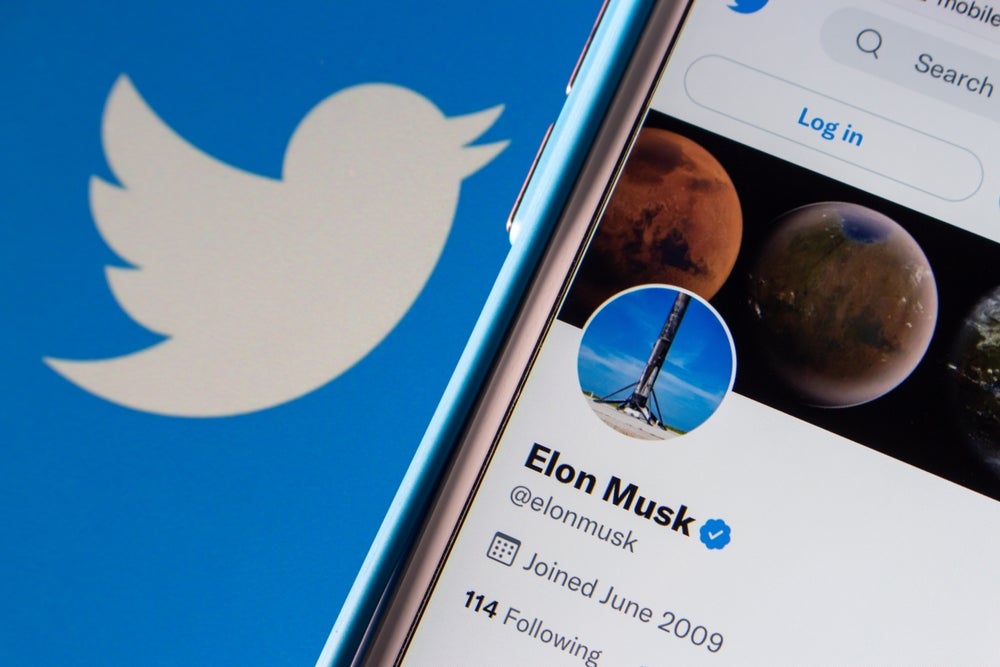
The National Music Publishers’ Association (NMPA) is suing Twitter for enabling thousands of copyright violations by permitting users to post license-free music.
The social media giant was sued $250m on behalf of 17 music publishers that represent some of the biggest artists in the industry.

Access deeper industry intelligence
Experience unmatched clarity with a single platform that combines unique data, AI, and human expertise.
The lawsuit, filed in a federal court in Tennessee, stated that Twitter is “rife with copyright infringement”, a state which it said had worsened since Elon Musk purchased the platform in 2022.
The NMPA, which includes Sony Music Publishing, BMG Rights Management and Universal Music Publishing Group, is seeking over $250m in damages for alleged infringement of nearly 1,700 copyrights.
In a statement, NMPA president, David Israelite, said that Twitter “stands alone as the largest social media platform that has completely refused to license the millions of songs on its service.”
The lawsuit said that Twitter “routinely ignores” infringement by users posting tweets that contain unlicensed music.

US Tariffs are shifting - will you react or anticipate?
Don’t let policy changes catch you off guard. Stay proactive with real-time data and expert analysis.
By GlobalDataMartin Noble, intellectual property and media partner at UK law firm Freeths, told Verdict that the drastic reduction in Twitter’s workforce after Musk’s takeover left it in a “difficult position when it is asked to deal with takedown notices relating to the use of unlicensed music.”
Musk has reportedly fired 80% of Twitter’s workforce since taking over the company.
“Typically, platforms like Twitter are not liable for copyright infringement because they don’t post material themselves – users do,” Noble said.
Noble said the lawsuit was accusing Twitter of permitting the infringement of copyright by users on its platform. In the process, Twitter is profiting and not policing users to acceptable standards.
Noble said Twitter had already been in negotiations with publishers and labels to sign a commercial licence that could have avoided the lawsuit.
“This action might well force Twitter’s hand to sign a paying licence in order to validate the use of what would otherwise be unlicensed material. Elon Musk may not like the rights that support copyright owners, such as in the Digital Millennium Copyright Act, but it is here to stay and he will face some pressure to fall in line with other platforms that have signed up to licences,” Noble said.
Noble said that the action could be bad news for content creators: “Twitter may well try and pass on the cost of any licence to them in the form of a subscription, given that it may not be able to stomach the costs on top of an already significant drop in revenue since Musk took over. That could ultimately drive content creators to other freely available platforms and it could mark the end for Twitter unless it changes its model.”
More than a year on from Musk’s takeover, Twitter has continued to attract negative press.
Laura Petrone, principal thematic research analyst at GlobalData told Verdict that Twitter has disappointed “not only users and advertisers but now publishers as well.”
She pointed out that the chaotic decision-making taken around Twitter’s blue-tick verification policy during the Musk administration of the platform led to a “spate of impersonations”.
Petrone argued that “the deterioration of (Twitter’s) moderation standards led advertisers to boycott the platform and imperil its business model, which is heavily reliant on advertising.”
Meta, owner of Instagram and Facebook, has been testing a text-based challenger to Twitter, which was initially named “Project 92” and previously “Barcelona”.
Petrone told Verdict: “By failing to police rampant infringement of music copyrights on the service, Twitter risks alienating publishers and creators contributing to its popularity.”
Adding: “It’s no surprise that rivals like Meta are taking advantage of Twitter’s misery and moving to launch alternatives to what many see as a toxic and increasingly dysfunctional platform.”



